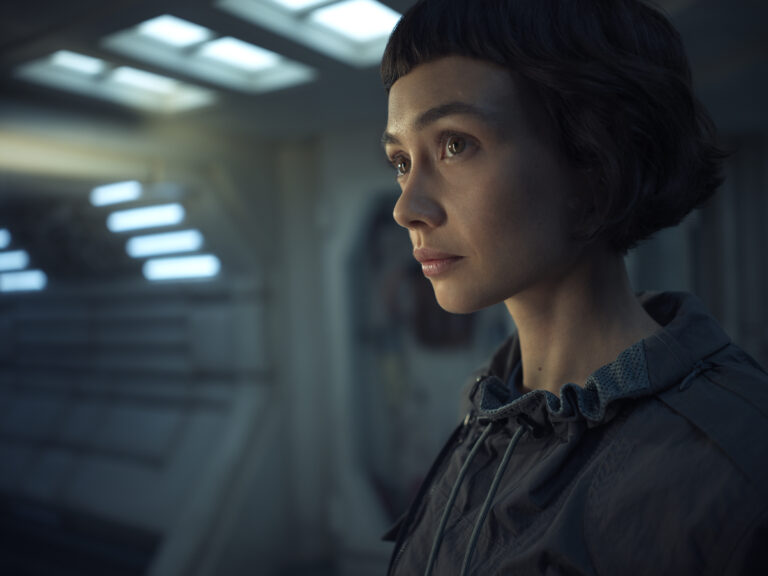
"Characters in the "Alien" franchise have always wrestled with identity crises. Whether it's human beings trying to transcend the limits of their finitude through interstellar travel, or synthetic machines passing themselves off as humans, there's always a disconnect with one's baseline identity that drives protagonists and antagonists alike. "Alien: Earth," the first television series set in the franchise and set two years before Ridley Scott's original film, continues this existential tradition but through the experiences of two new entities."
"In the eight-episode first season, which closed Tuesday night, showrunner Noah Hawley centered three evolved beings: Hybrids, synths, and cyborgs. Sydney Chandler plays the hybrid Wendy while Babou Ceesay plays the show's only pure cyborg, Morrow. The two are fascinating inverses of each other: Wendy is human consciousness tucked away inconspicuously in a sleek synthetic body, while Morrow bears a clunky robotic arm. Both go on similar journeys but arrive at vastly different destinations."
Alien: Earth is the first television series in the franchise, set two years before Ridley Scott's original film. The eight-episode first season centers on three evolved beings: hybrids, synths, and cyborgs. Wendy is a hybrid—human consciousness housed in a sleek synthetic body—while Morrow is a pure cyborg with a clunky robotic arm. The two characters are inverses who follow similar journeys that end differently. Morrow begins wishing to be more machine and to suppress emotions, but he ultimately embraces his humanity. His final confrontation with the synthetic Kirsh culminates in the line, "In the end, man will always win ... it's a question of will."
Read at Roger Ebert
Unable to calculate read time
Collection
[
|
...
]